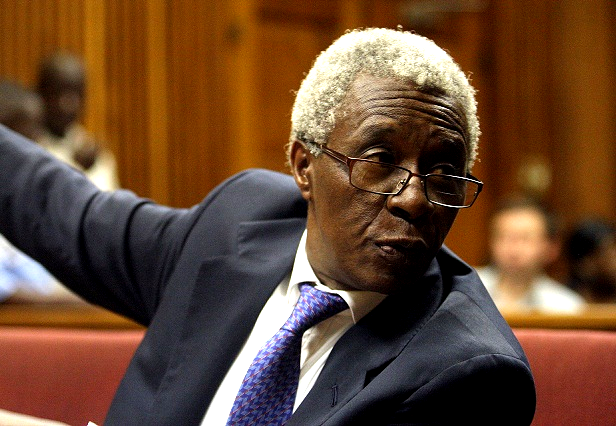The Constitutional Court has rejected an application from former judge Nkola Motata, who sought direct access to challenge the National Assembly’s decision to remove him from office. Motata, who was impeached earlier, had hoped the court would set aside the resolution passed by Parliament, but the apex court determined that he had failed to make a sufficient case for direct access. The order issued by Chief Justice Mandisa Maya and nine other justices concluded that no grounds had been presented to justify an exception, and notably, the court also chose not to award costs in the case.
This decision marks another chapter in a long and controversial legal battle for Motata, who has been embroiled in public scandal since a 2007 incident when he crashed his gold Jaguar into a house in Johannesburg North while under the influence of alcohol. That event ultimately led to his downfall, as he was later found guilty of misconduct. Although Motata served as a judge for many years, the Supreme Court of Appeal had ruled that his conduct warranted his removal from office, stating that as long as he was allowed to be called “Judge Motata,” the integrity of the judiciary would remain tarnished in the eyes of the public.
In 2017, Motata was discharged from active service, though he was placed on special leave following the crash. But despite his retirement, Motata continued to pursue legal avenues to challenge his removal, including his application to the Constitutional Court. In his affidavit, Motata argued that the National Assembly lacked the authority to pass a resolution removing him and that the decision was tainted by misrepresentation and a lack of jurisdiction. He contended that he had already paid a fine of R1.1 million as part of the Judicial Service Commission’s (JSC) disciplinary measures, and thus, his removal amounted to double jeopardy—being punished twice for the same offense.
Motata also objected to the fact that the parliamentary committee that recommended his impeachment had misled Parliament into believing the Judicial Conduct Tribunal had found him guilty of “gross misconduct,” which was not the case. According to him, the committee’s actions amounted to a misrepresentation of the facts, and the issue of double jeopardy was not properly considered by the SCA when it substituted the JSC’s initial finding.
In presenting his case to the Constitutional Court, Motata stressed that the impeachment of a judge was a matter of significant national importance, with constitutional implications. He believed that being heard by the highest court in the land was necessary to ensure justice. Motata’s case was unique, as he is one of the first judges to undergo such a process in post-apartheid South Africa, alongside Judge President John Hlophe.
However, the Constitutional Court ultimately decided not to engage with the merits of his arguments, choosing instead to dismiss his request for direct access. This decision effectively closes the door on Motata’s legal challenges to his removal, with the court’s refusal to hear his case bringing an end to the latest chapter of his protracted legal battle.
